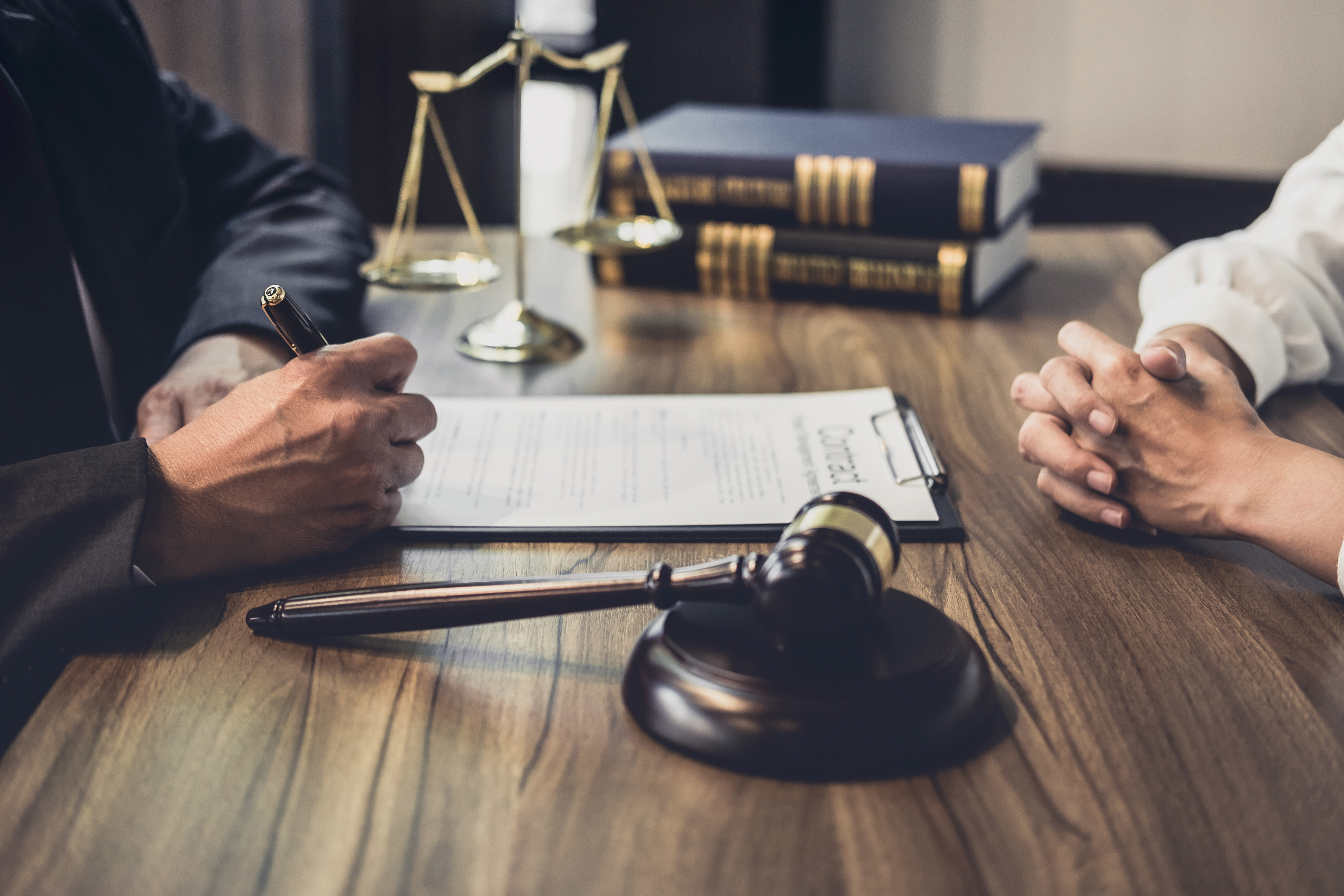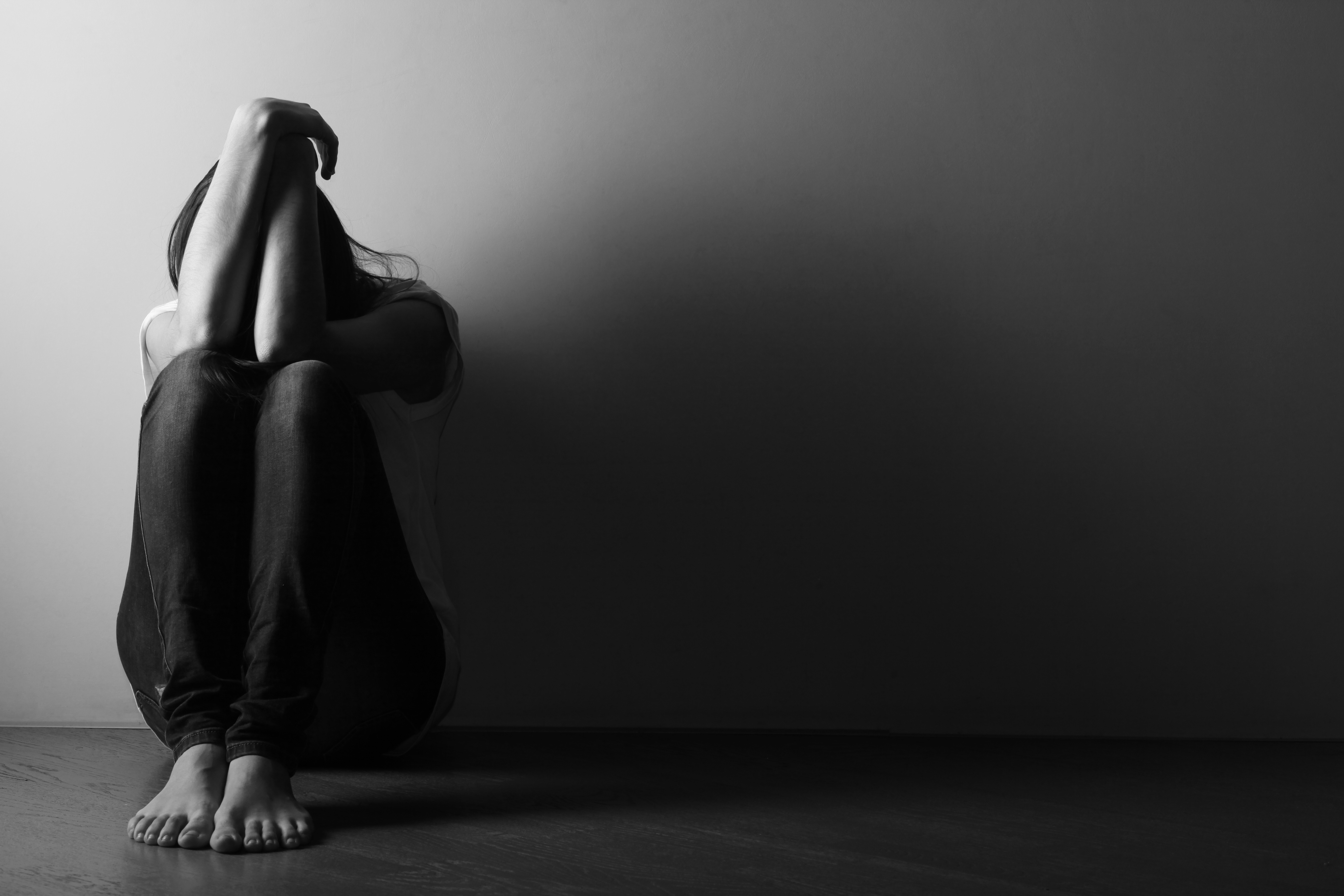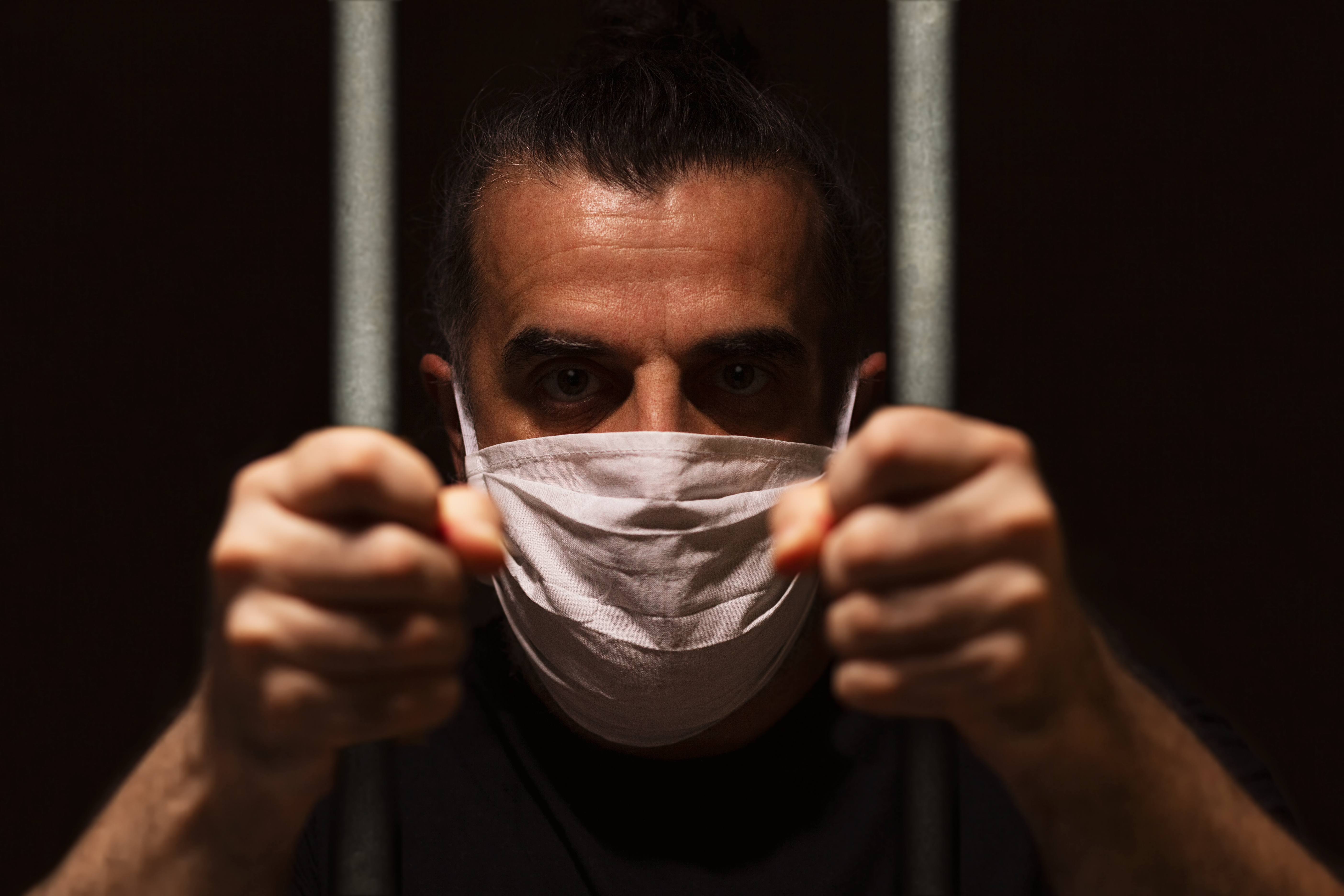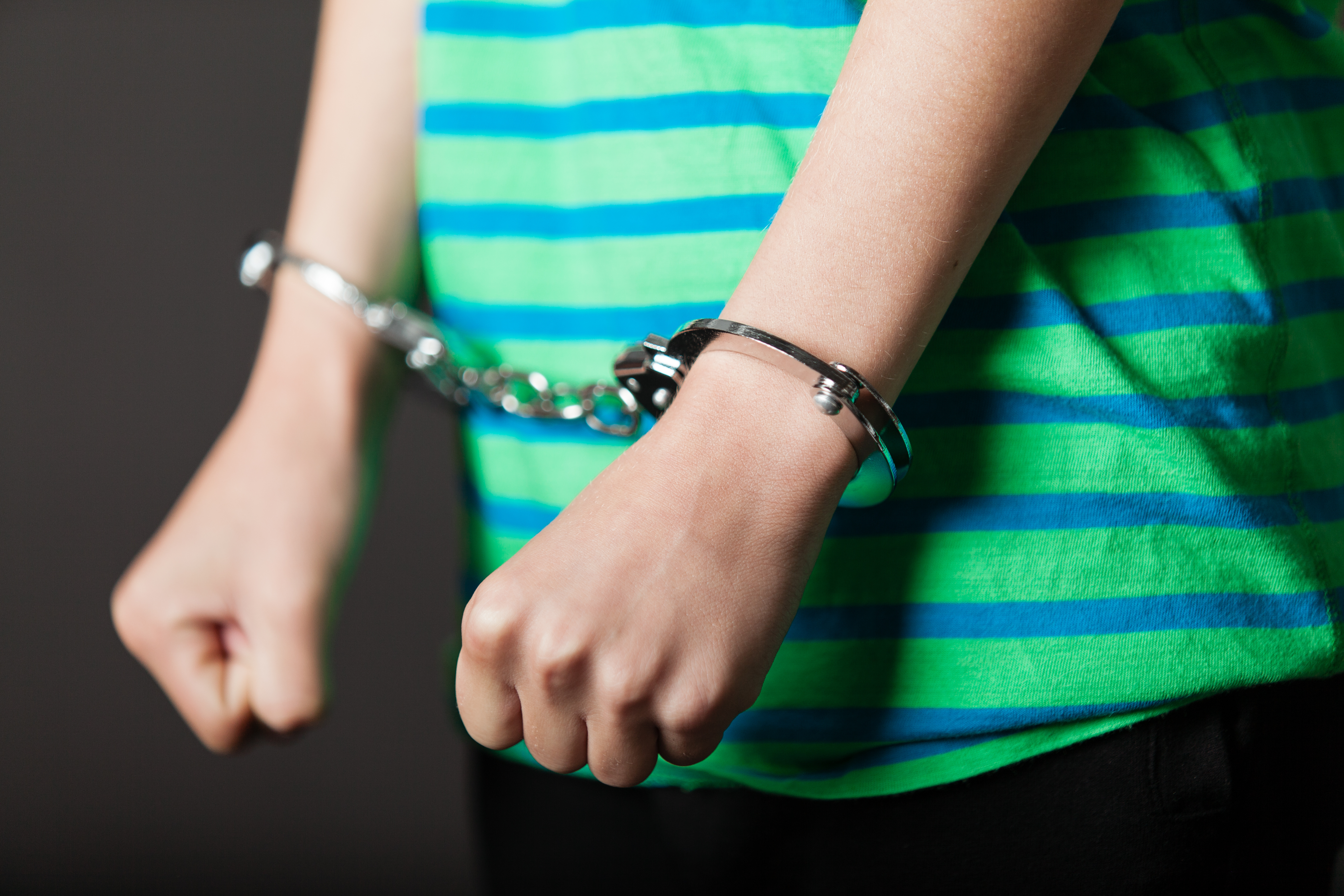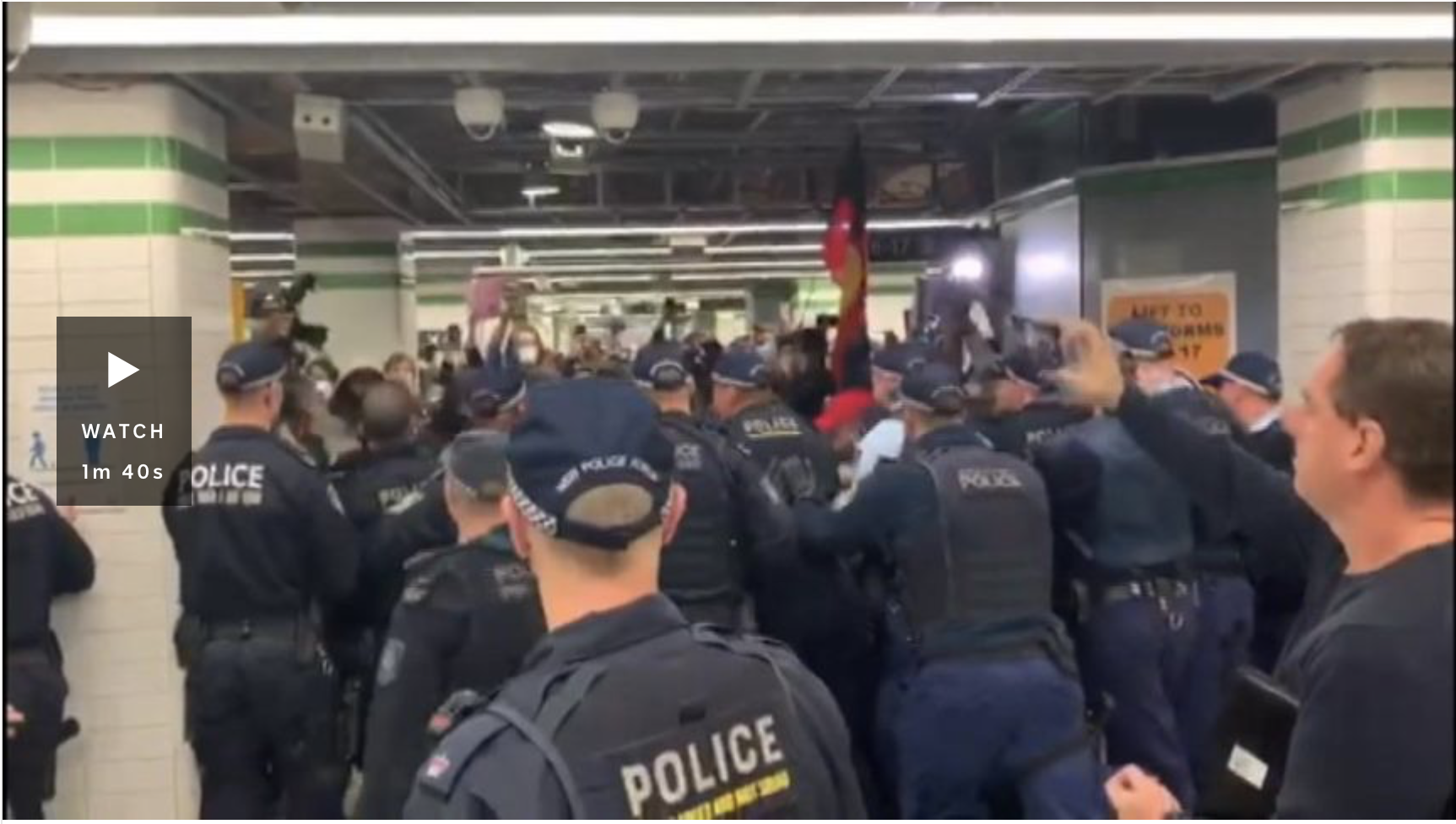Possession Of Unregistered Firearm In Public – s 93i Crimes Act (NSW)
Charged with possessing an unregistered firearm in public can result in prison and criminal convictions against your name. An experienced firearms specialist can put you in the best position to avoid all this. Our Sydney firearm lawyers are industry leaders with over 20 years experience and a proven record of success. Speak to them now on how to maximise your chances at either proving your innocence or getting a s10 non conviction.
Your Options in Court
You can only be guilty to an offence of possessing an unregistered firearm in public if police can prove each of the elements of the charge you are faced with in court:
If charged with possession of unregistered firearm in public place- s93i(1):
- You possessed a firearm; and
- The firearm was unregistered; and
- You were in a public place at the time of possessing it; and
- You were not authorised to posses the firearm under the Firearms Act 1996. Where you did not have a valid licence or permit to possess or use the firearm, or where you did have a valid licence or permit, but you did not have possession of it for a “genuine reason”.
If charged with committing the offence in circumstances of aggravation – 93i(2):
- This is where you commit the above elements of the offence in “circumstances of aggravation”, which include any one of the following:
- You had possession of more than one unregistered firearm; or
- You had possession of a pistol; or
- You had possession of an unregistered firearm that is a prohibited firearm
Your charge will be dismissed and you will be found not guilty if police are unable to prove each of the above elements of your offence beyond reasonable doubt.
Defences to this charge
You will be Not Guilty if:
- You didn’t know that you had any physical control or possession of the firearm.
- The firearm was registered.
- Self defence: where you had possession of it because you believed it was necessary to protect yourself, protect property or another person, in circumstances it was reasonable for you to have held that belief.
- Where the firearm was registered and you possessed the firearm for a “genuine reason” which includes any of the following:
- Sport or target shooting
- Recreational hunting or pest animal control
- Farming for primary production
- Business of employment; i.e. security or police officer
- Animal welfare i.e. RSPCA or vet to kill an animal to end suffering
- Firearm collection i.e. you must be a member of an approved club
- You were not in a public place at the time.
- Duress or Necessity: you were coerced or threatened to commit the offence or you did it to prevent serious injury.
Your charge will be dismissed and you will be found not guilty if any one of the above common defences apply to your case. Our senior firearm lawyers will quickly find the best defence to your case, and begin the process of strengthening it early to prove your innocence. As specialists, with a proven record of success, our lawyers will maximise in getting your charge dropped early.
If you decide to plead guilty, speak to a specialist firearms lawyer first for guidance and realistic advice. See below on how you can prepare and present your case in a way to put yourself in the best position to avoid prison and a criminal record.
25% Discount on punishment
An early plea of guilty to an offence of possessing unregistered firearm in public will give you a discount of up to 25% from your punishment, resulting in a much better lighter and better court outcome. The discount begins to reduce with time the later it is entered in court.
An experienced specialist firearms lawyer can provide you with early enough advice and guidance to ensure you don’t miss out on the full extent of the discount.
Good character references
Gathering and giving the Judge to read well drafted good character reference letter expressing your shame, insight into the offence, remorse and your good character can also convince the Judge to give you a more favourable outcome.
Those letters can be from your work, friends, family, charity and letter from you. Our senior lawyers will guide you all the way by reviewing each letter before used in court.
Negotiate to drop charges
Our highly experienced specialist firearms lawyers have successfully convinced police to drop or downgrade these charges on many occasions for over 20 years. They are recognised and considered specialists in getting charges dropped early.
To maximise your chances of successfully negotiating this with police, it’s important to get a specialist lawyer to find all the problems in the police evidence, and use this to tactfully approach police in the best way to your case.
Negotiate facts
The police set of facts is the document the Judge will read explaining what your pleading guilty to and how it occurred. Through knowing the police evidence like the back of your hand, a specialist lawyer can figure out all the holes in it when negotiating and changing the police set of facts to reflect what really happened and how, putting you in a better light, often resulting in a much better outcome.
It can be necessary to negotiate this because often police draft in-accurate set of facts, often making you look a lot worse than the truth. To avoid a heavier punishment, speak to an experienced lawyer now.
Psychologist reports
A psychologist or psychiatrist report can significantly improve your court result with a lighter outcome to avoid prison or conviction against your name. To get the best outcome from a report like this, it’s important that it comes from a highly experienced and respected psychologist with experience in court reports of this nature.
To get a powerful report to convince a Judge to give further leniency, the report should comment on your state of mind, remorse, contrition and shame. Our senior lawyers will pick the best suited expert for your case.
Maximum penalty
The maximum punishment for an offence of possessing unregistered firearm in public is up to 10 years imprisonment. In the case that involves “aggravation” which makes it more serious, the maximum is up to 14 years imprisonment.
It’s important to know that the maximum punishment is rarely given by courts, and only given to the worst cases of this kind. See below for other types of punishment.
Types of penalties
The Court can give you any one of the following kinds of punishment. The Judge will decide on this after looking into the above points and the way your case is presented:
- Section 10 Dismissal
- Conditional Release Order
- Fine
- Community Correction Order
- Intensive Correction Order
- Full Time Imprisonment
Getting early advice on preparing and presenting your case in court by one of the most experienced specialists in firearm cases in Sydney will ensure your in the best position to avoid a criminal record and prison. Speak to our team of senior lawyers now.
 (02) 8606 2218
(02) 8606 2218


